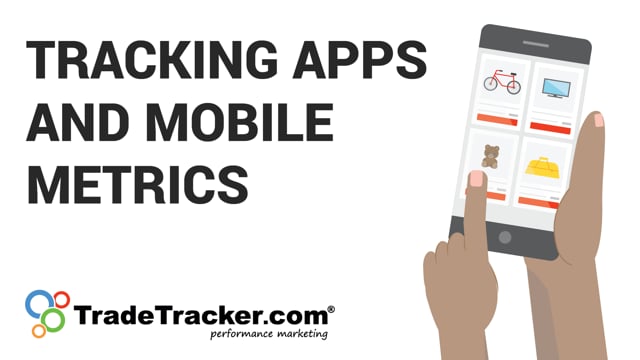Google Chrome updates and what they mean for you
![]()
Google has made it no secret that they plan to phase out unsecured content over the next several releases. This started with Chrome 79, released fully in December, and will continue until Chrome 81 is released in March.
What this means for any site currently on the web, is content displayed in http:// will no longer be visible, even on sites that have an SSL certificate. Chrome 80 will attempt to auto-upgrade audio and video resources to use https://, content that fails this upgrade will be blocked by default. This release will also allow images to load, although browsers will be notified about unsecured content within the address bar.
Following Chrome 80, Chrome 81 will finalise these changes by applying the same auto-upgrade to remaining image content.
So how does this affect the affiliate channel? For brands, you’ll need to ensure that your site and the content you share with affiliates is secure and running on https://. For publishers, you’ll need to ensure that the content you currently display for brands is up to date and using https instead of http://. Without the above, this could potentially lead to drops in performance and disruption of content appearing on sites.
Chrome 81 will also stop 3rd party cookies for sites and content that load without an SSL certificate and using http://. Luckily for all publishers working with TradeTracker, you’ll be pleased to know that all affiliate links on the network run using https://, preventing your links from being blocked by the new changes.
The good news for all parties involved is that the account management team here at TradeTracker has been working to ensure that sites and current active content are updated to work via https://. This started back when GDPR was released with the advice that all sites operating within the EU ensure they have an SSL certificate in place to be compliant.
Thanks to the work of the account management team we have ensured that there be no disruption in the activity brands and publishers are currently undertaking. However, should you as a brand or even a publisher be concerned that certain elements of your site remain unsecure, or if you have any questions, then be sure to speak to your account manager today.
Looking further beyond this, Google has also recently announced its plans to completely drop support for 3rd party cookies over the next two years. To find out what this means for you, we’ve written a separate blog post about Google Chrome and 3rd party cookies to cover these changes.
You can also find further support from the Chromium blog which will help you run a full site audit using the Google developer tools.


